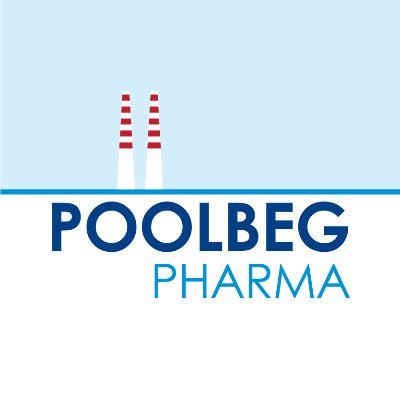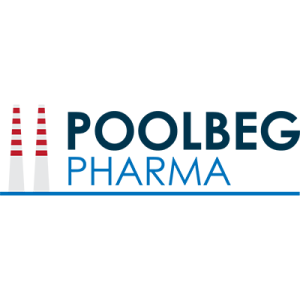Poolbeg Pharma plc (LON:POLB), a clinical stage infectious disease pharmaceutical company with a capital light clinical model, has provided an update on the clinical development progress of its lead asset, POLB 001, a small molecule immunomodulator for the treatment of severe influenza.
The Company intends to commence the Phase Ib human challenge study of POLB 001 in June 2022 which will be a key step in the molecule’s development. To enable this study, the Company has signed a Letter of Intent to retain the Centre for Human Drug Research (CHDR) to run the challenge study and signed an agreement with SEDA Pharmaceutical Development Services for drug formulation services. A vendor has also been selected for GMP* manufacturing of POLB 001.
In this study, clinical researchers from CHDR will stimulate a healthy volunteer’s immune system with bacterial lipopolysaccharide (LPS) in a safe and controlled clinical environment. The study will provide key human data on the efficacy of POLB 001 in dampening the immune response in otherwise healthy volunteers. It will use LPS to simulate the effects of treating severe influenza in the volunteers without the virus itself being present. In cases of severe influenza, the body produces an over-heightened immune response that can cause more damage to the body than the virus itself. POLB 001’s mode of action is to reduce this hyper-immune response. The design of the study (the study protocol) is expected to be finalised by the end of Q1 2022.
In advance of the Phase Ib study commencing, the Company has completed the manufacturing of a non-GMP* batch of POLB 001 which is on hand for any non-clinical (not administered to humans) requirements, such as formulation. This is also an important step in validating the manufacturing process. On this basis, manufacturing can now be scaled up as required as the clinical development phase progresses. The Company will now move towards manufacturing GMP* grade POLB 001 material needed for the LPS challenge study and has similarly selected a vendor for this work.
Jeremy Skillington, PhD, CEO of Poolbeg Pharma said:
“We are delighted to be progressing our POLB 001 asset as planned, with preparatory steps in motion in advance of the LPS human challenge study clinical trial. We have selected experienced partners in SEDA to formulate the product, and CHDR to run our LPS human challenge study. The clinical study is expected to commence in June 2022, as detailed at IPO. With our capital light and early monetisation model, we are actively developing infectious disease assets with modest investment where they can be monetised / licenced to Big Pharma. We will continue to provide updates as we progress the programme.”
*Good Manufacturing Practice (GMP) is the regulatory code of standards that a medicine’s manufacturer must meet in its production processes to enable administration to humans.


